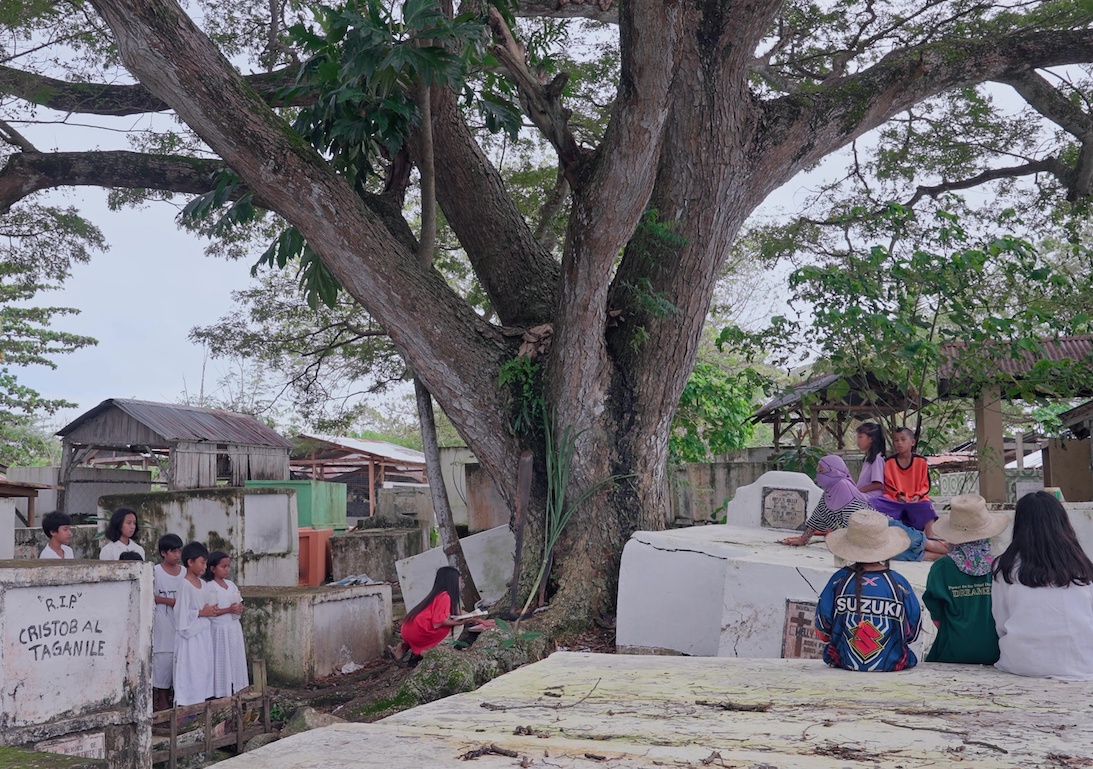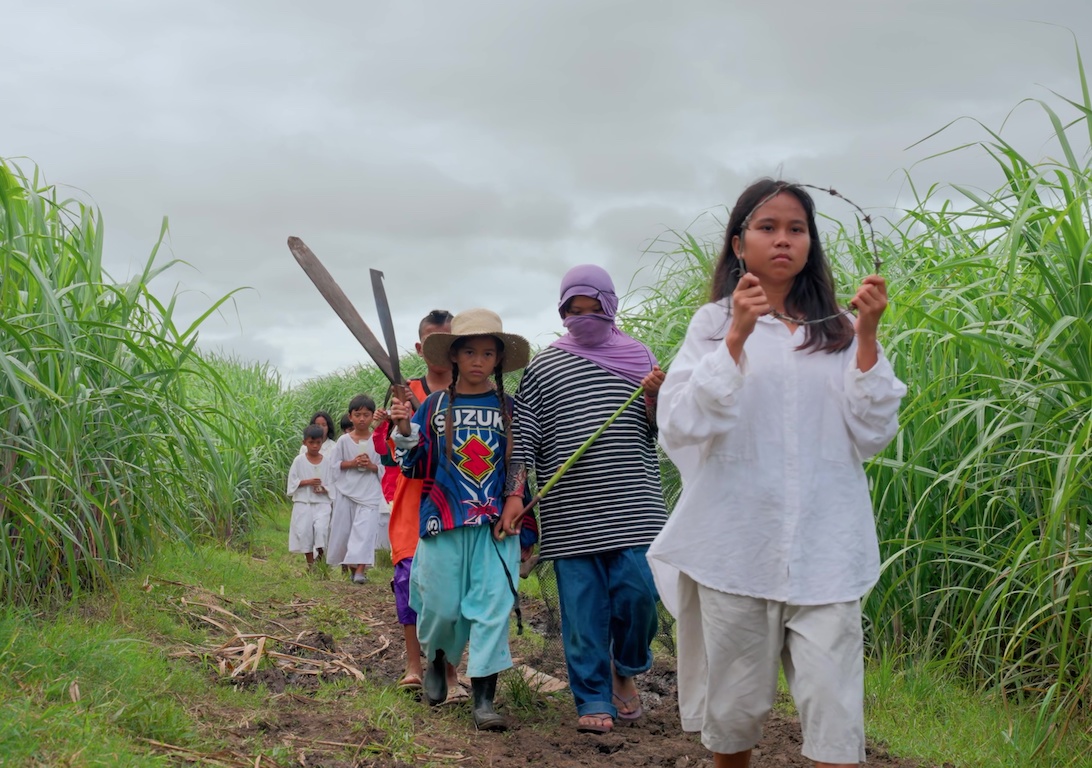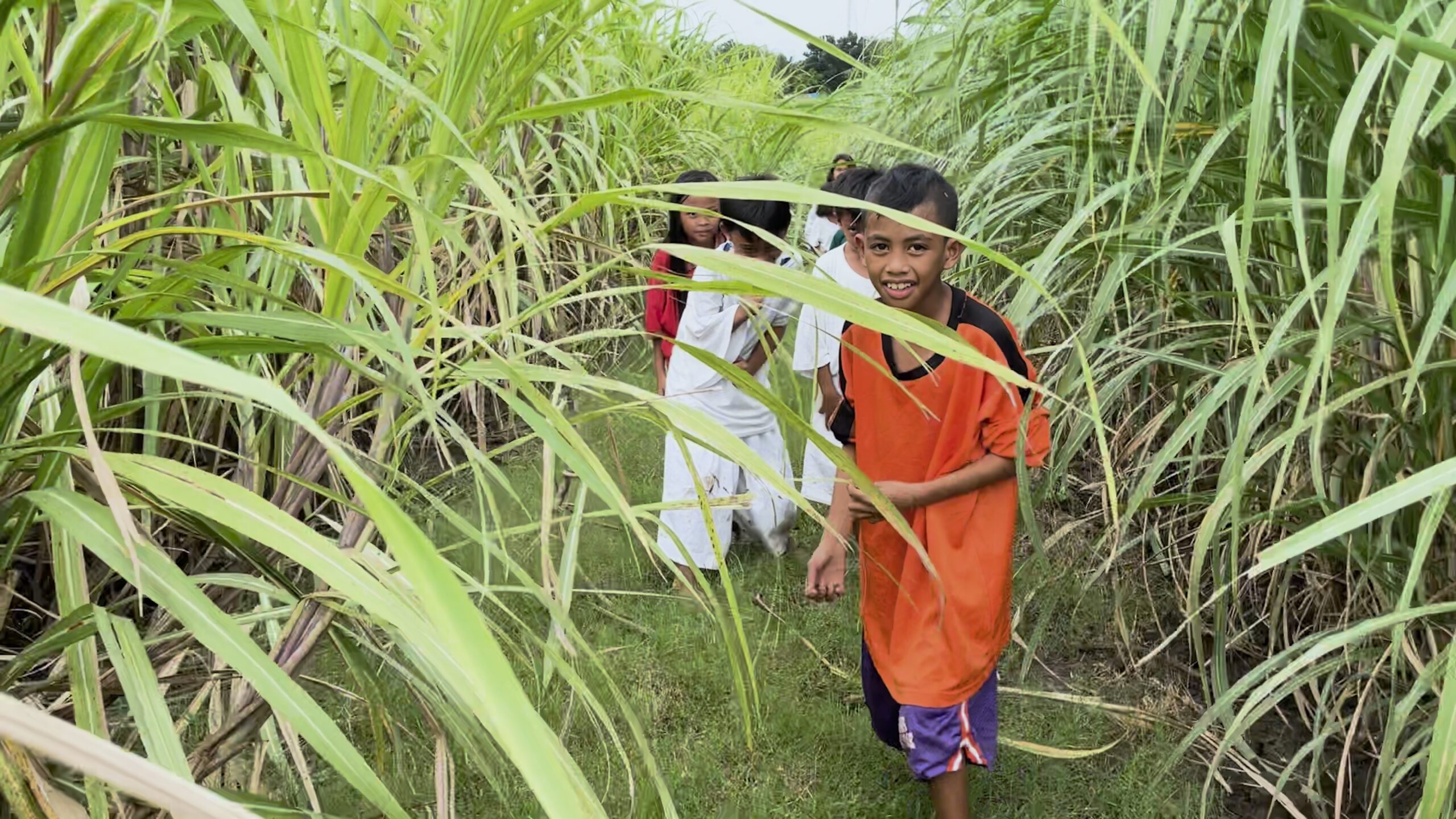Series
Enzo Camacho & Ami Lien: Langit Lupa (Heaven and Earth)
An ongoing artist residency
For over a decade, Berlin and New York-based artists Enzo Camacho and Ami Lien have developed a multidisciplinary practice addressing geopolitical relations by attending to localized forms of dispossession, survival, and resistance, particularly in the context of the Philippines. Their current work pays particular attention to agricultural practices and the exploitation of land and labor in Negros, an island known for sugarcane production in the Philippines. The prevalence of state-sanctioned violence that accompanies this plantation economy has led them to reflect upon mourning as a form of collective action. Throughout their field research, they work alongside activists, survivors, and other local community members to both attend to the loss of lives and livelihoods and gesture towards an undergrowth of resistant practices.
The artist’s residency in Los Angeles centered on a weekend of public events at 2220 Arts + Archives, illuminating the interconnected struggles over land, memory, and militarization on the road to Philippine liberation. Camacho and Lien invited activists, artists, culture and knowledge workers, and food folks based in Southern California to convene across a series of programs, which included a film screening, symposium, and community celebration, entreating various publics across LA to learn from, share space with, and act in solidarity with the Philippine people’s struggle.
The first season of AC’s work with the artists began with commissioned writings, published online and in conjunction with their international exhibition, Offerings for Escalante. The first, “On Heaven, Earth, Hell” by scholar Eunsong Kim, introduced the artists’ experimental documentary, Langit Lupa (2023), which documents their recent time in the Philippines and lays the historical and practical groundwork for their time in Los Angeles. During their residency, Camacho and Lien partnered with local grassroots organizations and LA-based artist Carol Anne McChrystal in a series of community sessions featuring foraging walks, conversations, and paper-making workshops in Historic Filipinotown, holding space for the connections between displacement, sustainable housing, and migrant justice.


